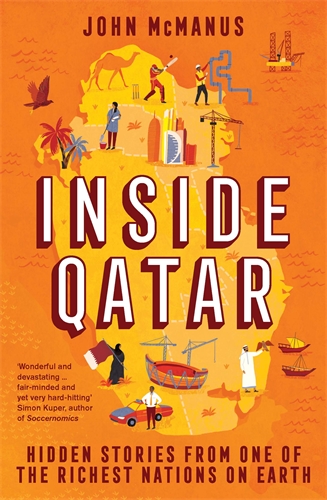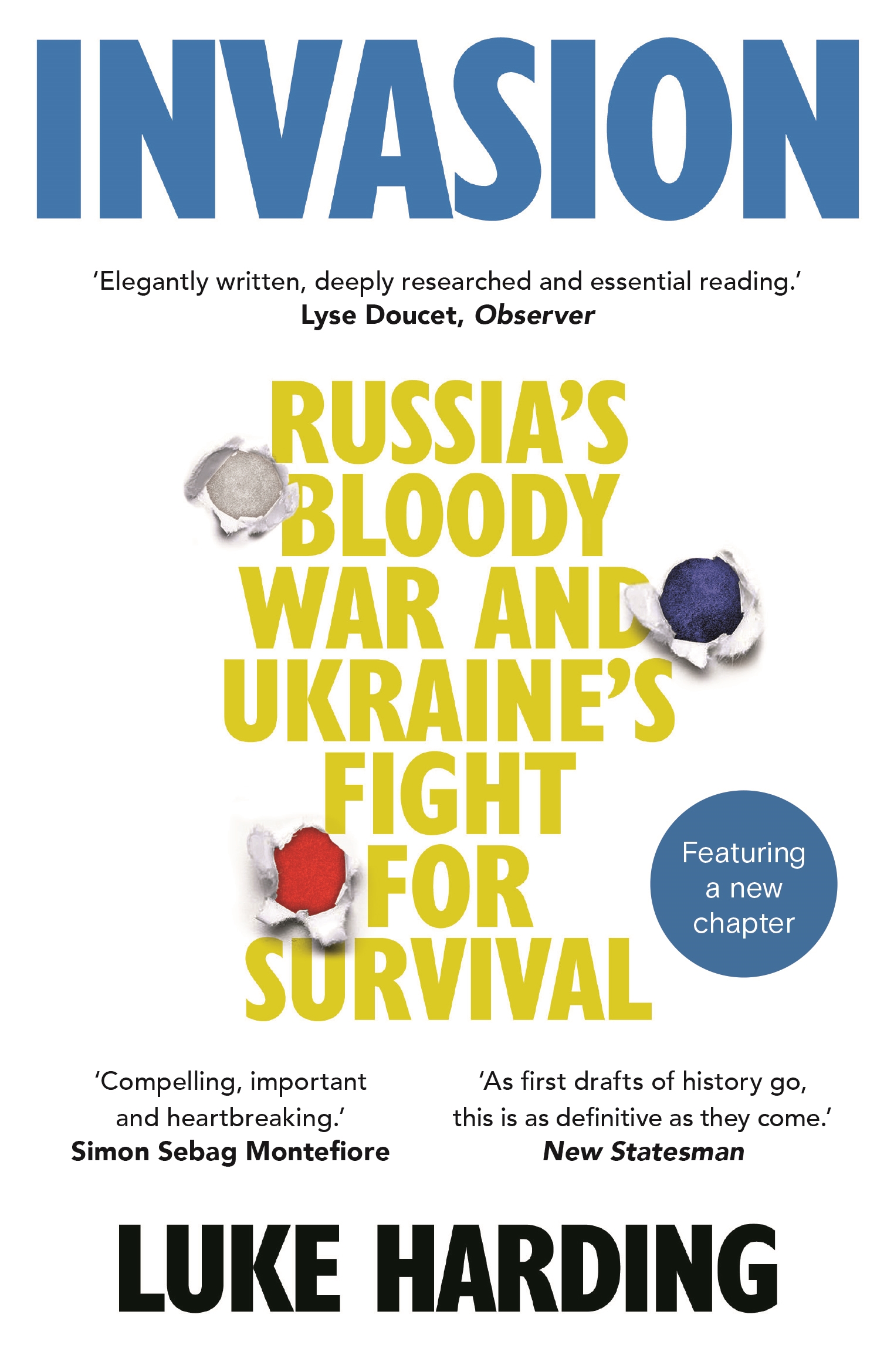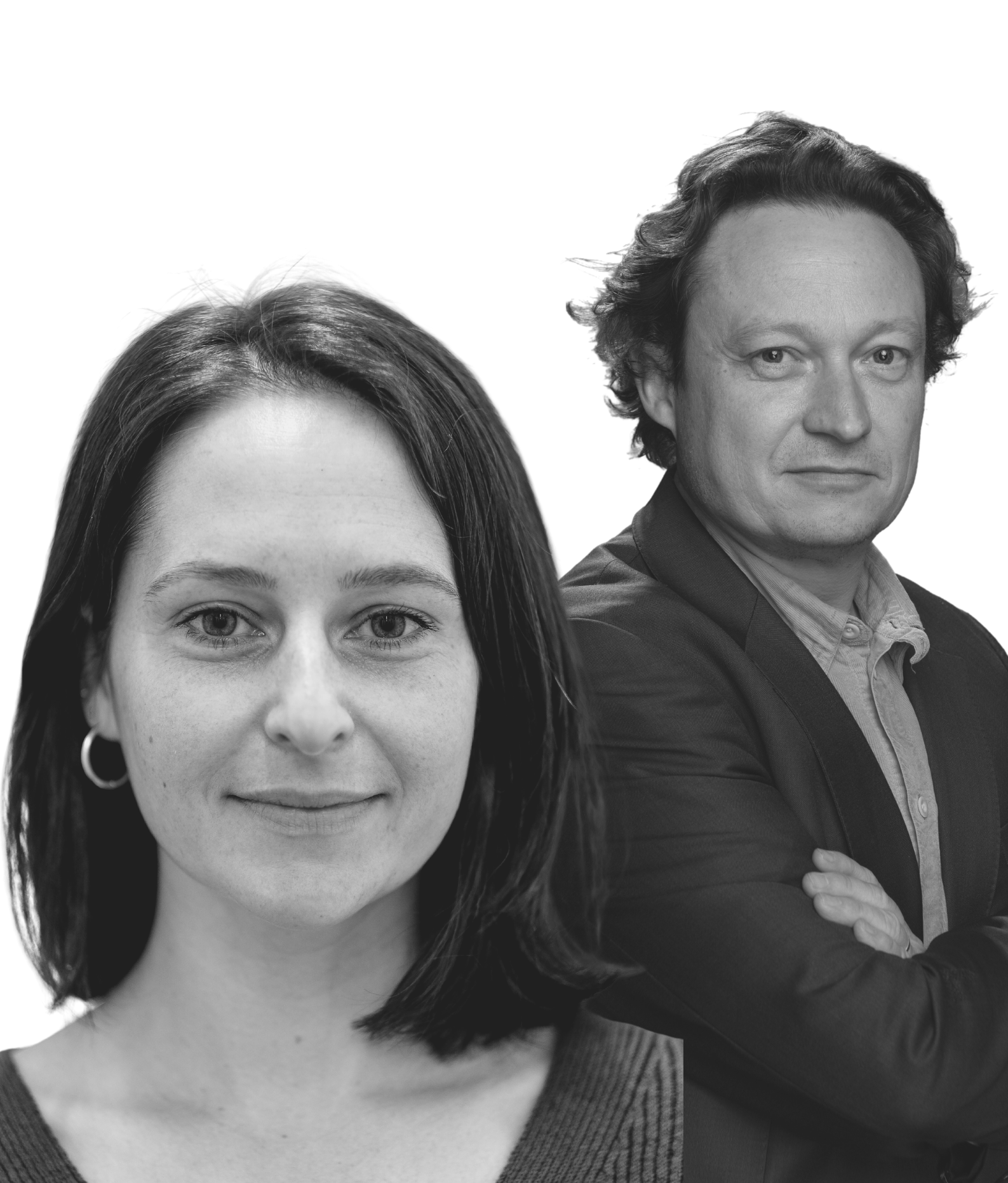Posted on May 9, 2023 by James Tookey -

After the Second World War, new international rules heralded an age of human rights and self-determination. Supported by Britain, these unprecedented changes sought to end the scourge of colonialism. But how committed was Britain?
In the 1960s, its colonial instinct ignited once more: a secret decision was taken to offer the US a base at Diego Garcia, one of the islands of the Chagos Archipelago in the Indian Ocean, create a new colony (the ‘British Indian Ocean Territory’) and deport the entire local population. One of those inhabitants was Liseby Elysé, twenty years old, newly married, expecting her first child. One suitcase, no pets, the British ordered, expelling her from the only home she had ever known.
For four decades the government of Mauritius fought for the return of Chagos, and the past decade Philippe Sands has been intimately involved in the cases. In 2018 Chagos and colonialism finally reached the World Court in The Hague. As Mauritius and the entire African continent challenged British and American lawlessness, fourteen international judges faced a landmark decision: would they rule that Britain illegally detached Chagos from Mauritius? Would they open the door to Liseby Elysé and her fellow Chagossians returning home – or exile them forever?
Taking us on a disturbing journey across international law, THE LAST COLONY illuminates the continuing horrors of colonial rule, the devastating impact of Britain’s racist grip on its last colony in Africa, and the struggle for justice in the face of a crime against humanity. It is a tale about the making of modern international law and one woman’s fight for justice, a courtroom drama and a personal journey that ends with a historic ruling.
Posted on May 9, 2023 by James Tookey -

Just 75 years ago, the Gulf nation of Qatar was a backwater, reliant on pearl diving. Today it is a gas-laden parvenu with seemingly limitless wealth and ambition. Skyscrapers, museums and futuristic football stadiums rise out of the desert and Ferraris race through the streets. But in the shadows, migrant workers toil in the heat for risible amounts.
Inside Qatar reveals how real people live in this surreal place, a land of both great opportunity and great iniquity. Ahead of Qatar’s time in the limelight as host of the 2022 FIFA Men’s World Cup, anthropologist John McManus lifts a lid on the hidden worlds of its gilded elite, its spin doctors and thrill seekers, its manual labourers and domestic workers.
The sum of their tales is not some exotic cabinet of curiosities. Instead, Inside Qatar opens a window onto the global problems – of unfettered capitalism, growing inequality and climate change – that concern us all.
Posted on May 9, 2023 by James Tookey -

Peter Apps is an award-winning journalist and Deputy Editor at Inside Housing. He broke a story on the dangers of combustible cladding thirty-four days before the Grenfell Fire. His coverage of the public inquiry has received widespread acclaim. He lives in London. Our 2023 judging panel, chaired by Martha Lane Fox, said:
A magnificent book that deftly combines vivid, compelling accounts of the victims of the fire with forensic (but no less engaging) detail on the decades of politics and policy which led up to it. Expect to find yourself crying over details of building regulations you never knew existed – and over the fact that so many of us let shifts in such regulations go unnoticed, to such devastating impact. Show Me the Bodies has the values of The Orwell Prize at its core: it is beautiful writing about a devastating subject that we should all understand.”
Posted on May 9, 2023 by James Tookey -

For months, the omens had pointed in one scarcely believable direction: Russia was about to invade Ukraine. And yet, the world was stunned by the epochal scale of the assault that began in February 2022. It was an attempt by one nation to devour another.
Invasion is Luke Harding’s compelling chronicle of the war that changed everything. For this breathtaking work of reportage he spent months reporting on the ground during the build up to the conflict and afterward; his book tells of the initial days of shock and panic, the grim reality of this ongoing war, and the unheard human stories behind the headlines. Invasion also offers insightful portraits of the the war’s two great personalities. One, Volodymyr Zelenskiy, is an actor-turned-president who rallied support on a global stage. The other, Vladimir Putin, is a dictator who dwells in a strange and unreachable realm. Harding examines the ideological, religious and personal reasons behind Putin’s decision to invade. And he confronts a crucial question: which side will prevail in this terrible war?
With the ripple effects of the largest armed conflict in Europe since 1945 already being felt beyond Ukraine and Russia’s borders, it is more vital than ever to understand how the situation on the front line will have profound effects for us all. Written in Luke Harding’s starkly transfixing style, Invasion makes for essential reading.
Posted on May 9, 2023 by James Tookey -

In the wake of the Covid-19 pandemic, we are all too aware of the urgent health inequalities that plague our world. But these inequalities have always been urgent: modern medicine has a colonial and racist history. Here, in an essential and searingly truthful account, Annabel Sowemimo unravels the colonial roots of modern medicine.
Tackling systemic racism, hidden histories and healthcare myths, Sowemimo recounts her own experiences as a doctor, patient and activist. Divided exposes the racial biases of medicine that affect our everyday lives and provides an illuminating – and incredibly necessary – insight into how our world works, and who it works for. This book will reshape how we see health and medicine – forever.
Posted on May 18, 2022 by Eric Blair -

Glenn Patterson has published eleven novels and five works of non-fiction, most recently The Last Irish Question: Will Six Into Twenty-Six Ever Go? (Head of Zeus) He co-wrote the feature film Good Vibrations (BBC Films) and is currently Director of the Seamus Heaney Centre at Queen’s University Belfast.
Conor Garrett is a BBC audio documentary producer based in Belfast. He makes programmes for BBC Radio 4, Radio 3, World Service and BBC Northern Ireland. His work has been recognised through Celtic Media and PPI awards and Conor won a Special Commendation at the 2021 Prix Europa Festival.
Their shortlisted entries are:
Posted on May 18, 2022 by Eric Blair -

Gabriel Gatehouse went into journalism after failing to cut it as a jazz pianist. Instead he began cutting reel-to-reel tape with a razor at the BBC’s Russian language service, and has since gone on to become an award-winning foreign correspondent. He is Newsnight’s International Editor.
Lucy Proctor grew up in Swindon and started out in local newspapers and then TV development before joining BBC News in 2010. She produces and presents radio documentaries, podcasts and films specialising in investigative journalism and political subcultures.
Their shortlisted pieces are:
Posted on May 18, 2022 by Eric Blair -

Ali Fowle is a freelance journalist and filmmaker from Edinburgh. Passionate about investigation, her work focuses on illicit trade, trafficking, human rights, law and justice and she has extensive experience on stories related to conflict and civil disobedience. She specialises in the Asia Pacific region where she has lived since 2009.
Aun Qi Koh is an investigative journalist based in Malaysia. Before joining Al Jazeera in 2019, she was a subeditor at online news portal Malaysiakini. She has produced stories on various social justice issues including Malaysian custodial deaths, the plight of Filipino nurses abroad and targeted killings of Afghan women.
Drew Ambrose works across the Asia-Pacific region as a foreign correspondent, investigative journalist and documentary producer. He has been a digital lead for multiple interactive, virtual reality and online projects. His intrepid reporting has won 35 global media prizes including the 2021 One World Media International Journalist of the Year.
Their shortlisted pieces are:
Posted on May 17, 2022 by Eric Blair -

“Come of age in the credit crunch. Be civil in a hostile environment. Step out into a world of Go Home vans. Go to Oxbridge, get an education, start a career. Do all the right things. Buy a flat. Buy art. Buy a sort of happiness. But above all, keep your head down. Keep quiet. And keep going.
The narrator of Assembly is a Black British woman. She is preparing to attend a lavish garden party at her boyfriend’s family estate, set deep in the English countryside. At the same time, she is considering the carefully assembled pieces of herself. As the minutes tick down and the future beckons, she can’t escape the question: is it time to take it all apart?”
Posted on May 17, 2022 by Eric Blair -

“there are more things is a novel about two women – Melissa and Catarina.
Born to a well-known political family in Olinda, Brazil, Catarina grows up in the shadow of her dead aunt, Laura. Melissa, a South London native, is brought up by her mum and a crew of rebellious grandmothers.
In January 2016, Melissa and Catarina meet for the first time, and, as political turmoil unfolds across Brazil and the UK, their friendship takes flight. Their story takes us across continents and generations – from the election of Lula to the London riots to the darkest years of Brazil’s military dictatorship.
there are more things builds on the unique voice of Yara’s debut to create a sweeping novel about history, revolution and love. In it we see sisterhood and queerness, and, perhaps, glimpse a better way to live.”
Posted on May 17, 2022 by Eric Blair -

“It begins with a message: a telephone call informing Krishan that his grandmother”s former care-giver, Rani, has died in unexpected circumstances, at the bottom of a well in her village in the north, her neck broken by the fall. The news arrives on the heels of an email from Anjum, an activist he fell in love with four years earlier while living in Delhi, bringing with it the stirring of distant memories and desires.
As Krishan makes the long journey by train from Colombo into the war-torn Northern Province for the funeral, so begins a passage into the soul of an island devastated by violence. Written with precision and grace, A Passage North is a poignant memorial for the missing and the dead, and a luminous meditation on time, consciousness, and the lasting imprint of the connections we make with others.”
Posted on May 17, 2022 by Eric Blair -

It is 1985, in an Irish town. During the weeks leading up to Christmas, Bill Furlong, a coal and timber merchant, faces into his busiest season. As he does the rounds, he feels the past rising up to meet him — and encounters the complicit silences of a people controlled by the Church.
Adam Roberts, Chair of The Orwell Prize for Political Fiction 2022, commented:
Posted on May 17, 2022 by Eric Blair -

“Sterling is arrested one morning without having done anything wrong. Plunged into a terrifying and nonsensical world, Sterling – with the help of their three best friends – must defy bullfighters, football players and spaceships in order to exonerate themselves and to hold the powers that be to account.
Sterling Karat Gold is Kafka’s The Trial written for the era of gaslighting – a surreal inquiry into the real effects of state violence on gender-nonconforming, working-class and black bodies.
Following the Goldsmiths Prize–nominated We Are Made of Diamond Stuff, Isabel Waidner’s latest novel proposes community, inventiveness and the stubborn refusal to lie low as antidotes against marginalisation and towards better futures.”
Posted on May 17, 2022 by Eric Blair -

“A storm, a disappearance, a band of women and a remote island where anything is possible.
On an unnamed archipelago off the east coast of Britain, Eva Levi has made it her life’s work to build a community truly run by women. Now she has disappeared, rumours spread that it will be destroyed. But Cwen will never let that happen.
Cwen has been here longer than the civilisation she has returned to haunt. Her name has ancient roots, reaching down into the earth and halfway around the world. The islands she inhabits have always belonged to women. And she will do anything she can to protect them.
This remarkable novel is a portrait of female power and female potential, both to shelter and to harm. It reaches into our mythical past and opens up space for us to dream of a radical future.”
Posted on May 17, 2022 by Eric Blair -

“Perched on a hill above a village by the sea, the high house has a mill, a vegetable garden and a barn full of supplies.
Caro and her younger half-brother, Pauly, arrive there one day to find it cared for by Grandy and his granddaughter, Sally. Not quite a family, they learn to live together, and care for one another.
But there are limits even to what the ailing Grandy knows about how to survive, and, if the storm comes, it might not be enough.”
Posted on May 17, 2022 by Eric Blair -

“Mr Lloyd has decided to travel to the island by boat without engine – the authentic experience.
Unbeknownst to him, Mr Masson will also soon be arriving for the summer. Both will strive to encapsulate the truth of this place – one in his paintings, the other by capturing its speech, the language he hopes to preserve.
But the people who live on this rock – three miles long and half-a-mile wide – have their own views on what is being recorded, what is being taken and what is given in return. Soft summer days pass, and the islanders are forced to question what they value and what they desire. As the autumn beckons, and the visitors head home, there will be a reckoning.”
Posted on May 17, 2022 by Eric Blair -

“A highly inventive and and humane novel about our relationship with technology and our addiction to innovation.
‘Are they paying you extra for this? You’d better be getting something. For the inconvenience, I mean. Here for the whole weekend is what they said. What if we’d had guests? They never asked. And in any case what are the dangers? Being tested like lab rats, we are. Did they even try to provide any assurance it was all perfectly-‘
This is the prototype. The first step to a new future.
A future that will be easy and abundant. A future in which distance is no longer a barrier to human contact. And all it takes is a simple transport unit, in every home, every street, every town. Quick. Clean. Easy. A future driven by data, not emotion.
And so begins the journey of a new technology that will soon change the world and everyone in it – the sceptics and the converts, the innocents and the evangelists. A scientific wonder that quickly becomes an everyday aspect of life.
But what of our inherent messiness? In a world preoccupied with progress, what will happen to the things that make us human: the memories, the fears, the love, the blood, the contradictions, the mortality? As we push for a sense of perfection, what do we stand to lose?
Questioning, innovative and shot through with a rich humanity, Appliance is much more than a novel. It examines our faith in technology, our hunger for new things and the rapid changes affecting all our lives. It challenges us to stop and reflect on the future we want, the systems we trust, and what really matters to us.”
Posted on May 17, 2022 by Eric Blair -

“Outside my work the thing I care most about is gardening – George Orwell
Inspired by her encounter with the surviving roses that Orwell is said to have planted in his cottage in Hertfordshire, Rebecca Solnit explores how his involvement with plants, particularly flowers, illuminates his other commitments as a writer and antifascist, and the intertwined politics of nature and power.
Following his journey from the coal mines of England to taking up arms in the Spanish Civil War; from his prescient critique of Stalin to his analysis of the relationship between lies and authoritarianism, Solnit finds a more hopeful Orwell, whose love of nature pulses through his work and actions. And in her dialogue with the author, she makes fascinating forays into colonial legacies in the flower garden, discovers photographer Tina Modotti’s roses, reveals Stalin’s obsession with growing lemons in impossibly cold conditions, and exposes the brutal rose industry in Colombia.
A fresh reading of a towering figure of the 20th century which finds solace and solutions for the political and environmental challenges we face today, Orwell’s Roses is a remarkable reflection on pleasure, beauty, and joy as acts of resistance.”

















